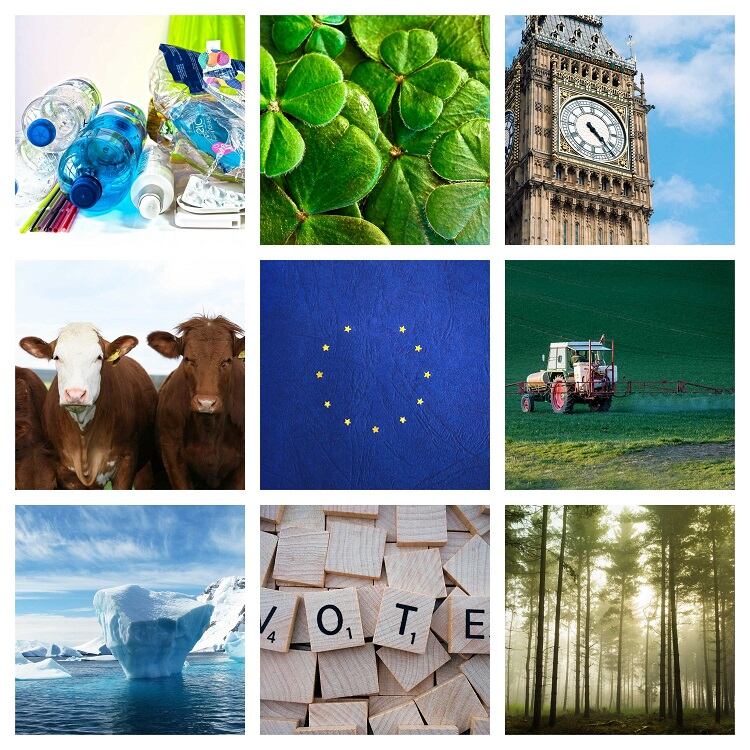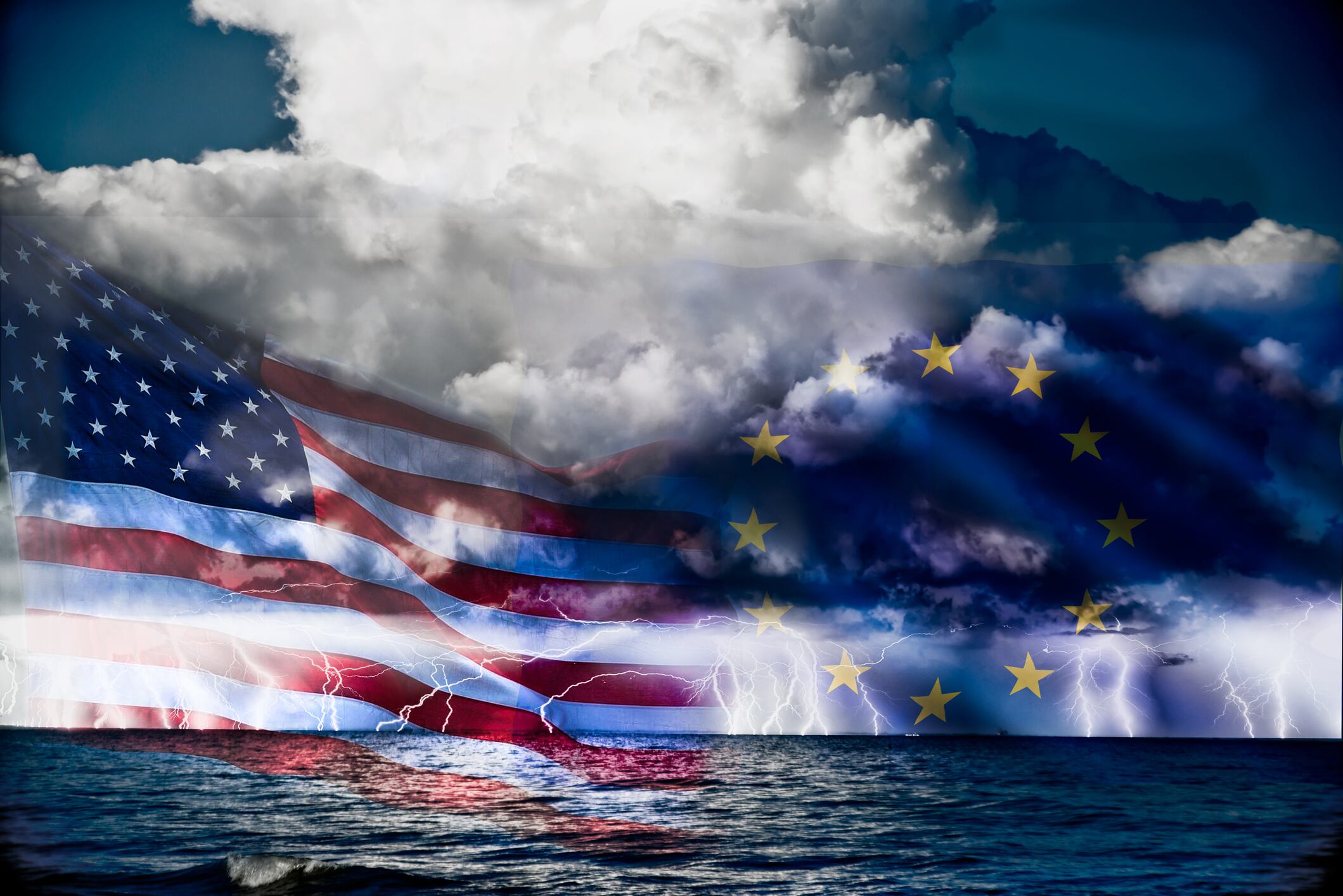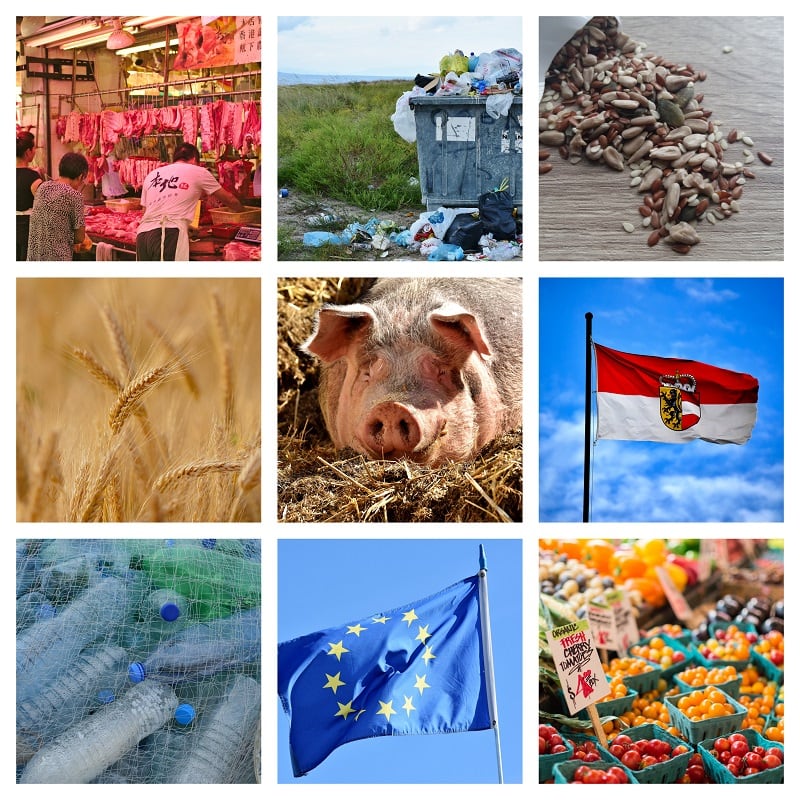This latest edition of FoodNavigator's Brussels Bulletin covers the EU's accord with China to protect products which have a specific geographical origin. Elsewhere, the EU steps in to protect the saturated olive oil market and invests €240 for climate action.
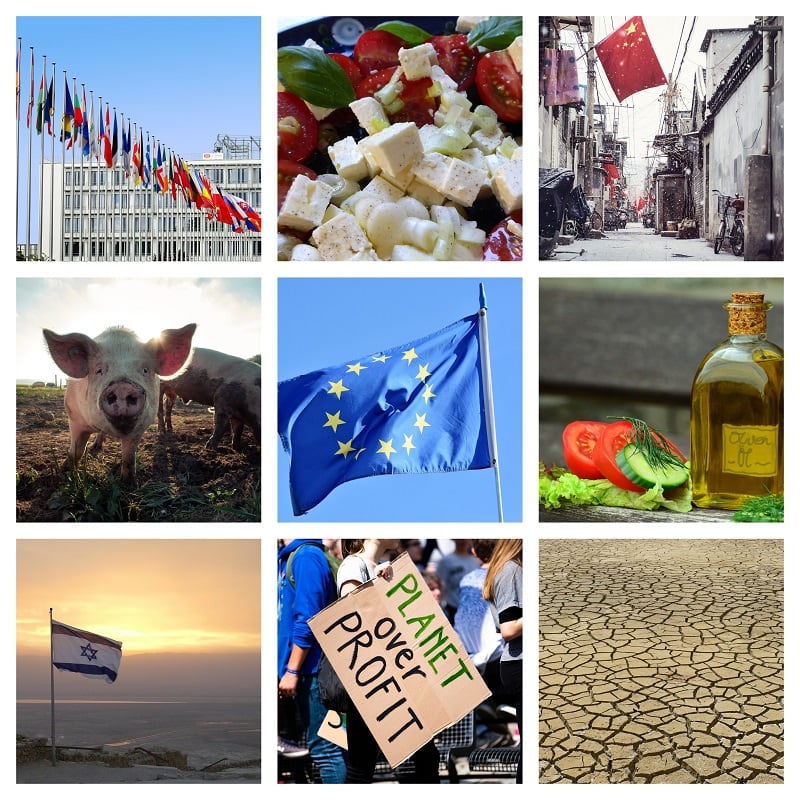
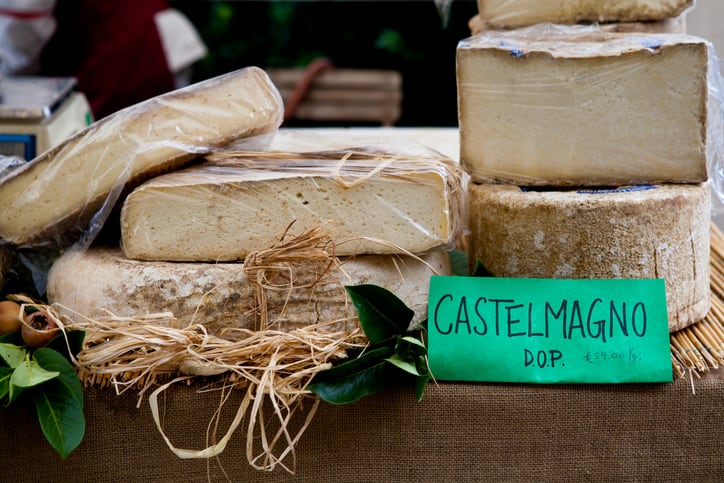
The European Union has signed an accord with China to protect products which have a specific geographical origin in a bid to curb counterfeits.
The EU said 100 products from the EU and 100 from China will be protected under the deal.
Among the EU products with specific geographical origin that will be protected in China include Cava, Champagne, Feta, Irish whiskey, Münchener Bier, Ouzo, Polska Wódka, Porto, Prosciutto di Parma and Queso Manchego.
The Chinese products included in the deal feature Pixian Dou Ban (Pixian Bean Paste), Anji Bai Cha (Anji White Tea), Panjin Da Mi (Panjin rice) and Anqiu Da Jiang (Anqiu Ginger).
The EU is China’s largest trade partner, while the Chinese market is the second biggest for exports from the bloc after the US.
EU agri-food exports to China reached €12.8 billion in the 12-month period between September 2018 and August 2019, with 9% made up of products with geographical indications.
The EU said that the Chinese market is a high-growth potential market for European food and drinks, with a growing middle class with a taste for iconic, high-quality and genuine European products. It also has a well-established geographical indication system of its own, with specialties that European consumers could now further discover thanks to this agreement.
Agriculture and rural development Commissioner Phil Hogan said: “European Geographical Indication products are renowned across the world for their quality. Consumers are willing to pay a higher price, trusting the origin and authenticity of these products, while further rewarding farmers. This agreement shows our commitment to working closely with our global trading partners such as China. It is a win for both parties, strengthening our trading relationship, benefitting our agricultural and food sectors, and consumers on both sides.”
ARTindividual
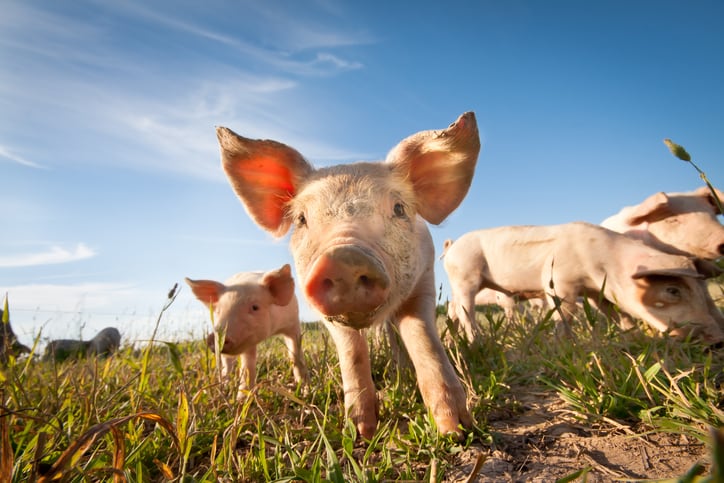
Central European governments have been accused of abusing European agriculture subsidies.
The European Union pays out over €58 billion in farm subsidies to support EU farmers and rural communities in 2018.
However, according to a New York Times investigation of the European Union’s Common Agricultural Policy subsidies in nine European countries, millions of euros are pocketed by a handful of companies, often linked to national leaders. Most notably this included Andrej Babis, the billionaire prime minister of the Czech Republic, who the paper said is linked to a company that received at least $42 million in subsidies last year.
The investigation also accused Viktor Orban, the prime minister of Hungary, of abusing the EU’s subsidies to fund a system of patronage linked to land leases.
The report even accused the CAP of underwriting “mafia-style land grabs” in Slovakia and Bulgaria.
Daniel Rosario, spokesperson for agriculture and rural development, stated: "The European Union has very clear rules about how EU funds should be managed, notably when it comes to agricultural funds. According to the shared management principle, Member States are primarily responsible for the sound and legal management of EU funds.”
Pic: Droits d'auteur taxzi
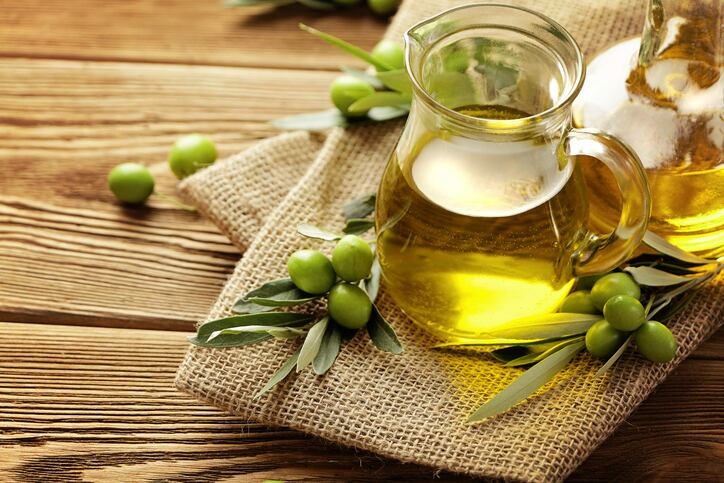
The European Commission has agreed to give storage aid to the private operators in the olive oil sector, which has been hit by price decreases after good harvests and high stocks across the European Union (EU).
Spanish, Greek and Portuguese markets have been particularly hit by low prices caused by good harvests. The price of Spanish and Greek extra virgin olive oil in mid-October were 33% and 13.5% below the five-year average respectively.
The exceptionally high stocks at EU level, estimated at 859 000 tonnes for 2018/19 (88% of which in Spain), combined with an average production expected for 2019/20 threatens to keep the EU olive oil market under pressure.
The private storage scheme will help alleviate the pressure and contribute to rebalance the market.
Phil Hogan, Commissioner for Agriculture and Rural Development said: “In the past months, the olive oil market has been going through serious market imbalance and I’m proud to say that once again the Common Agricultural Policy is here to support our farmers and producers. Thanks to our market measures, the private storage aid adopted today will help stabilise the market and prevent further damages to the sector.”
The scheme will operate through a tendering procedure for a maximum of 4 periods to allow for flexibility and measured market management.
Pic: KMNPhoto
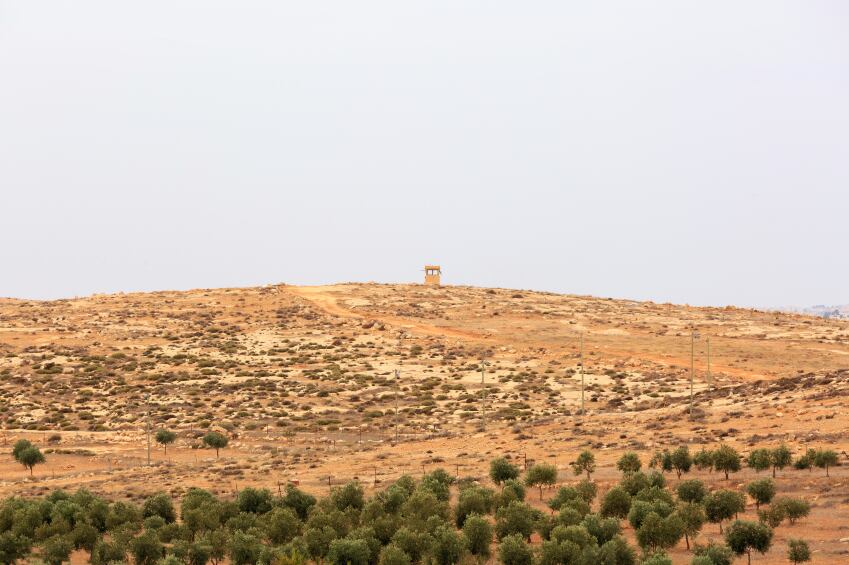
The European Court of Justice (ECJ) has ruled that all food products made in Israeli settlements in occupied Palestinian territory must carry special labels saying where they were made.
“Foodstuffs originating in the territories occupied by the State of Israel must bear the indication of their territory of origin, accompanied, where those foodstuffs come from an Israeli settlement within that territory, by the indication of that provenance,” the ECJ said.
It added that without such labelling, “consumers have no way of knowing, in the absence of any information capable of enlightening them in that respect.”
The decision provoked an angry response from pro-Israel lobbyists.
“The circumstances surrounding the labelling requirement in the specific facts presented to the ECJ are suggestive of anti-Israel bias,” said the US State Department spokeswoman. The Israeli government said it viewed the measure as a form of boycott.
Pic: istock
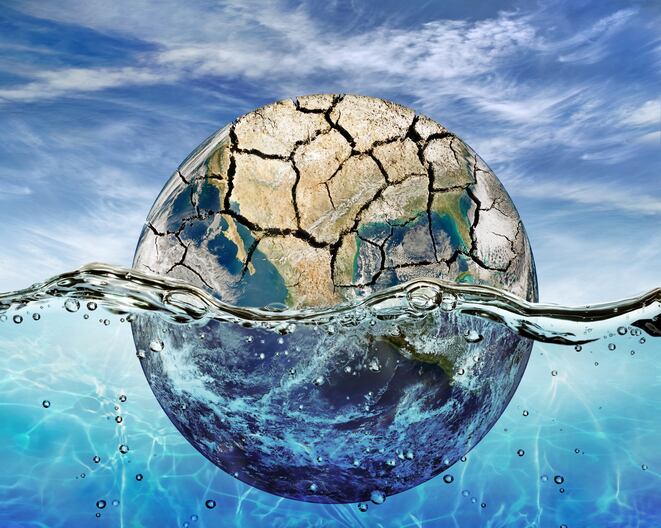
More than 120 new projects will be funded under the LIFE programme for the Environment and Climate Action, helping Europe shift to a more sustainable and low-carbon future. Around €240 million will go to projects in the fields of nature and biodiversity, environment and resource efficiency, and climate action, mobilising additional investments in these areas.
Projects will tackle a wide range of issues, from invasive species and wildlife crime to waste, pollutants, use of fossil fuels and materials derived from them, and greenhouse gas emissions. Almost a third are focused on mitigating and coping with the effects of climate change, while many projects will restore and protect important wildlife habitats as well as conserve rare and threatened species.
The new projects include ones looking to tackle the problems such as food waste, microplastics into the food chain and plastic recycling.
Pic: iStock/Alexandrum79



